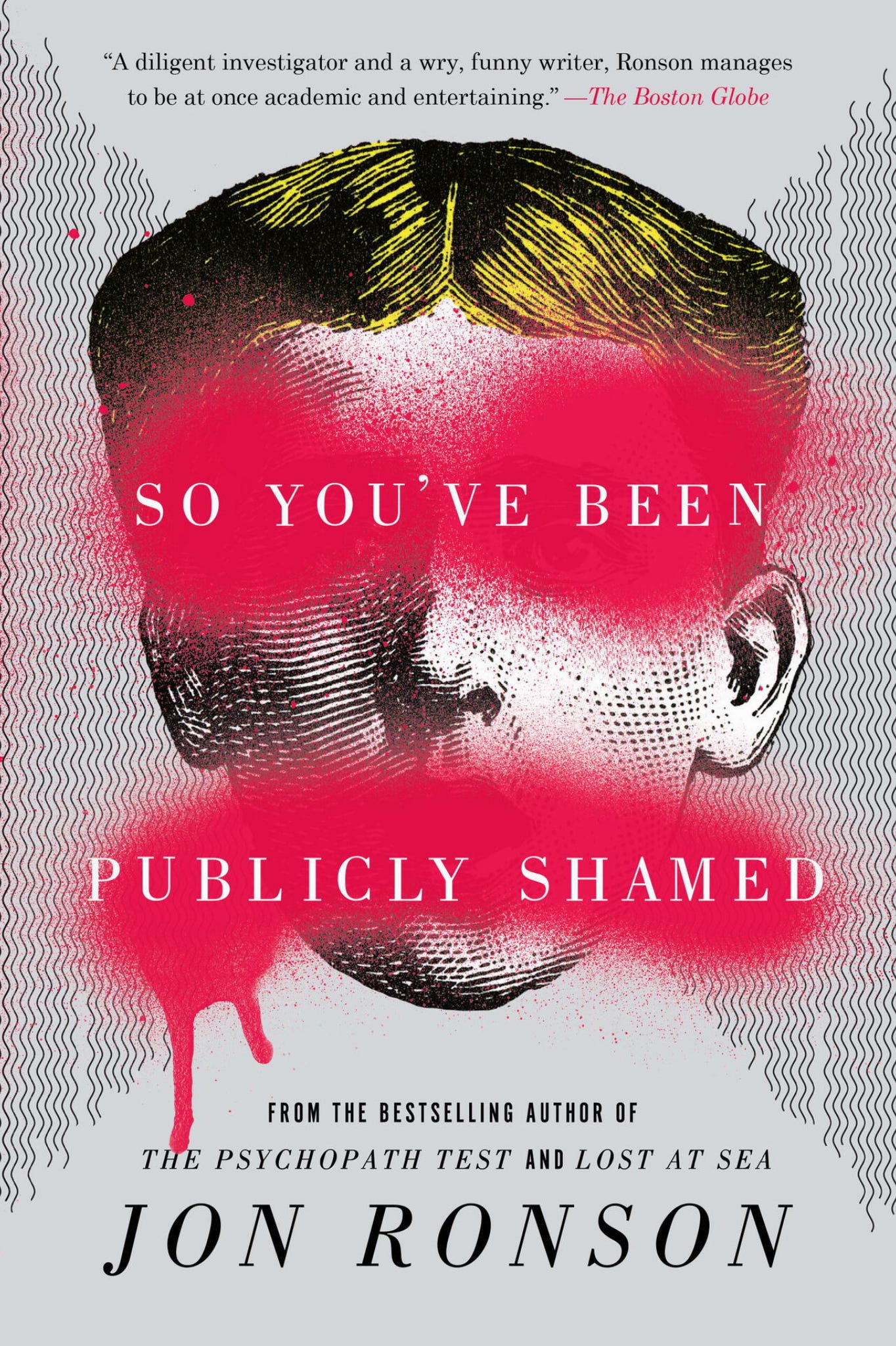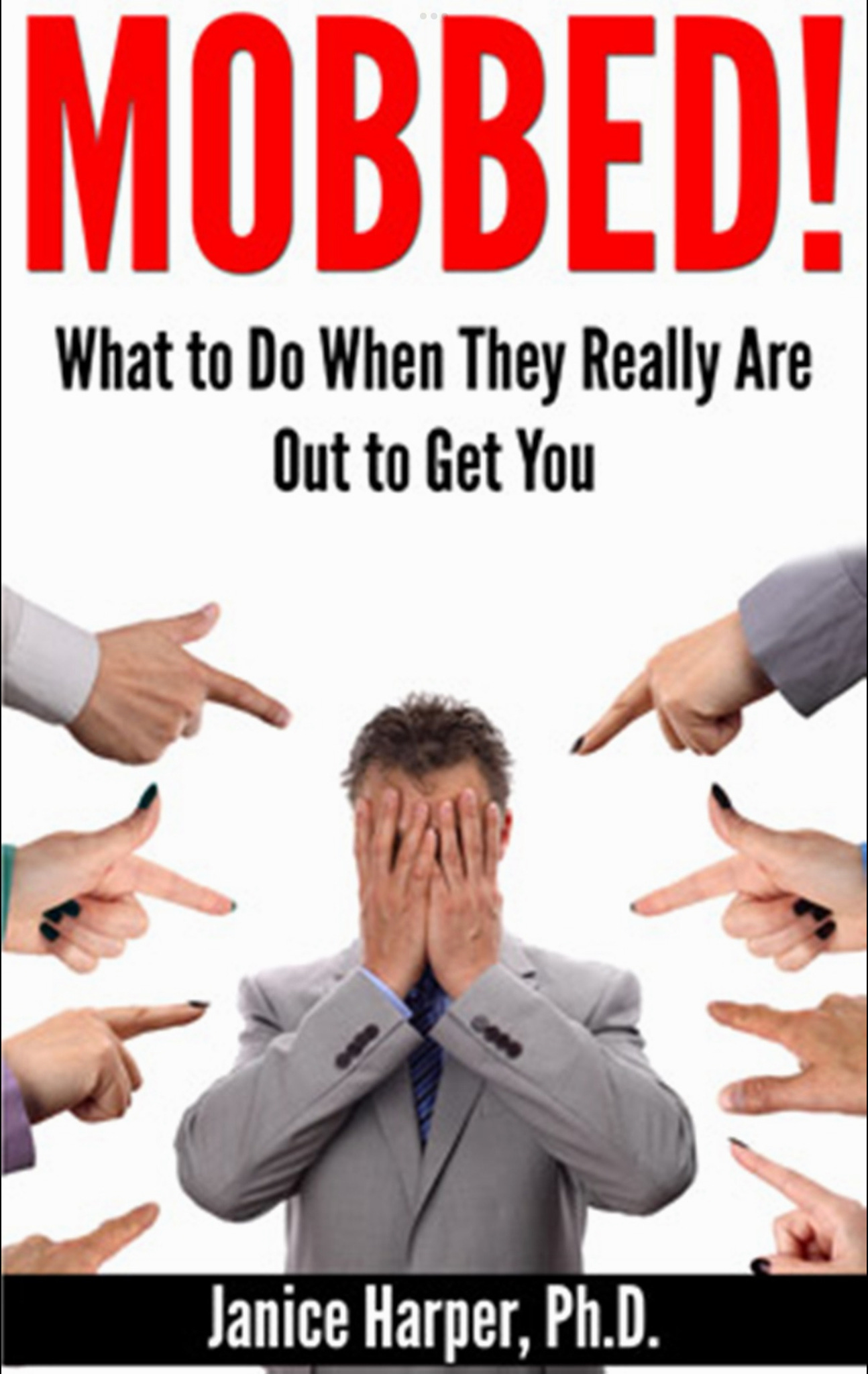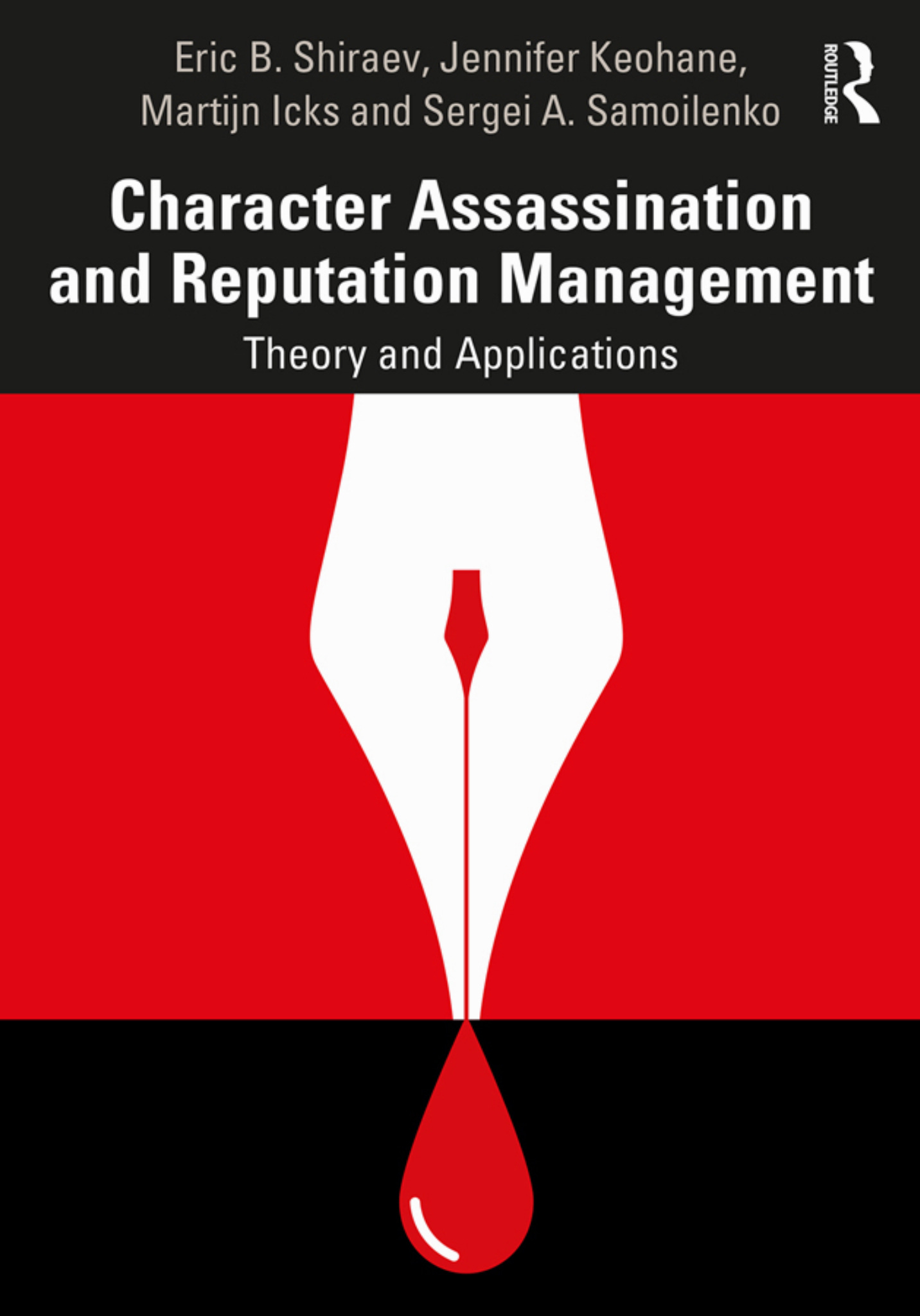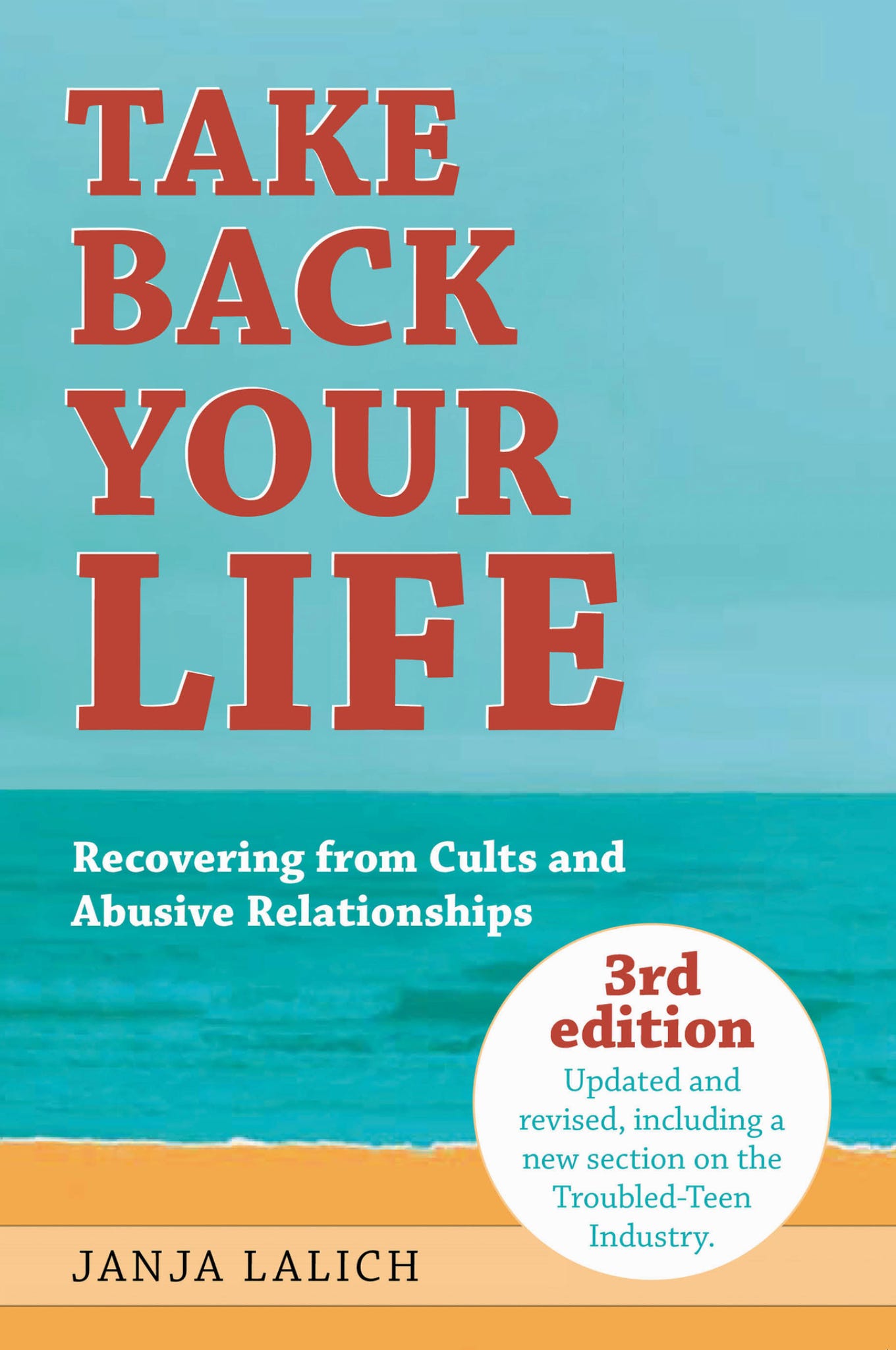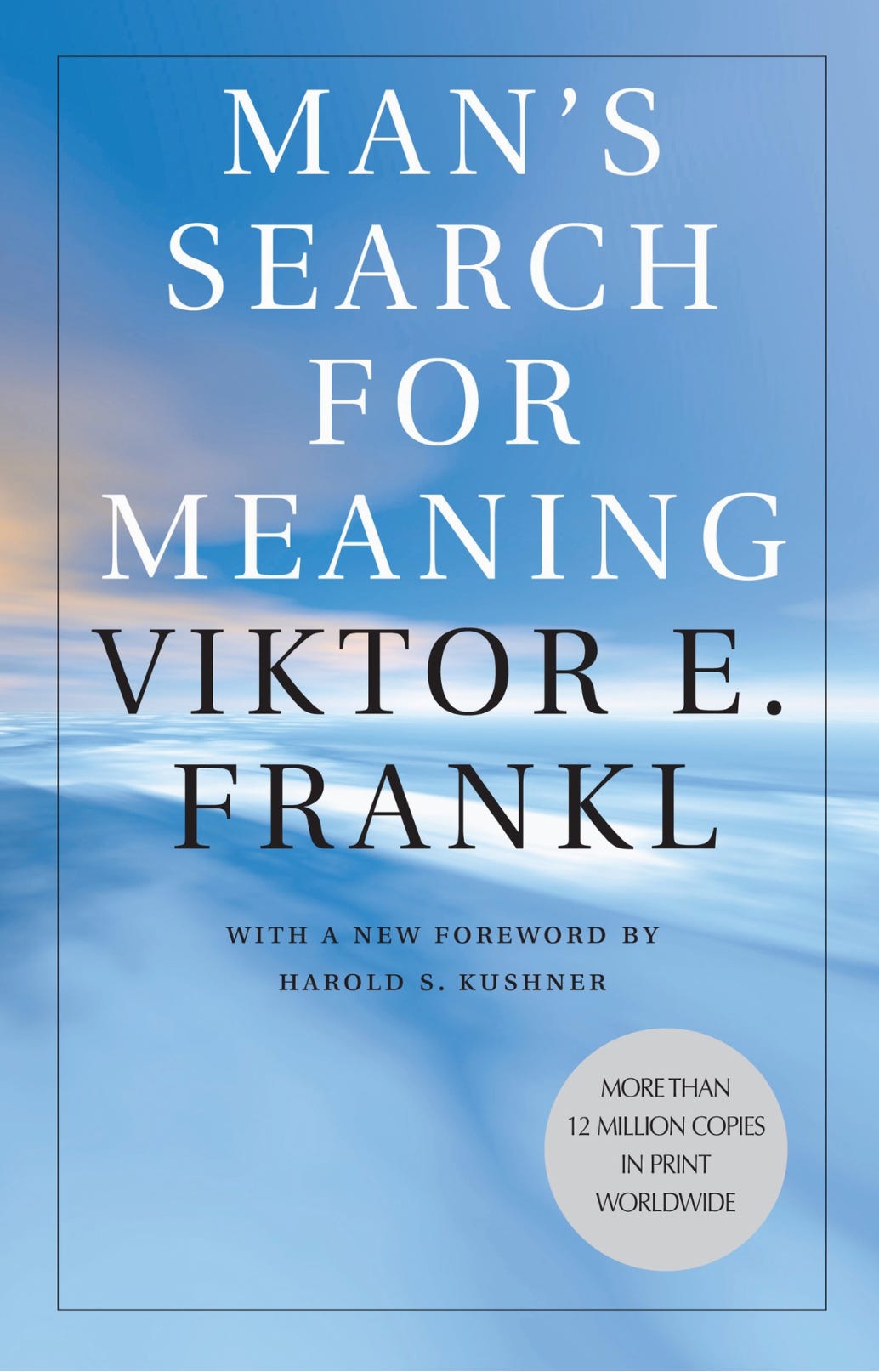Please support me in my fight against indoctrination in colleges, universities, and schools by purchasing some of my Thought Criminal merch or by making a donation to my GiveSendGo campaign.
Did you send out a tweet and all of a sudden you’re out of a job? Were you joking among friends then word of your conversation spread like wildfire and now no one will return your calls? Are you an A student who got pushed out of your master’s program after being told that your Buddhist practice is wrong think?
Well, you’re in the right place. Buckle up, it is going to be a bumpy ride, but the good news is that you’re not alone. Here are five books that will jumpstart your recovery.
So You’ve Been Publicly Shamed by Jon Ronson. If you only have time for one book this might be the best choice. In this book, Ronson uses examples of real people who have been shamed in very high-profile scandals. In some cases the people he features have done bad deeds, in others their errors are little more than a poorly conceived tweet.
The important thing is that no matter how you end up canceled, this book is clear evidence that you are not alone. And that there is a pathway forward from wherever you are right now.
He describes the journeys of others and goes over five waypoints to explore as you recover. These set the path to move from the frozen traumatized state you may start in, to a place where you are taking back your life. They are: Withdraw and Wait, Write a New Narrative, Become Invulnerable to Shame, Learn Radical Honesty, Helping the Internet Forget You.
Mobbed!: What to Do When They Really Are Out to Get You by Janice Harper. Janice Harper is a cultural anthropologist who specializes in conflict and social aggression. She is also an amazing woman who knows what she’s talking about. She went through it, at the University of Tennessee too.
Ironically she could not have been better suited to write this book. She goes over the dynamics of mobbing and scapegoating. She describes the disconcerting slow burn of subtle behavior changes around you. This book is well suited to situations like mine where I was targeted fairly early and then over time singled out and taken down.
The first chapter details the primitive roots of mobbing behavior. Later she explains how different organizational cultures are more prone to mobbing and why. She also describes how mobbing starts, how you can protect yourself, and how you can find the best path forward given individual circumstances.
Character Assassination and Reputation Management: Theory and Applications by Eric Shiraeve. This is a book you want to read as soon as you realize you are being canceled. It will both help you to think critically about your situation and give you the tools to fight back.
He breaks down reputational attacks into various parts, the attacker, the target, the media, the audience, and the context. This teaches you to analyze your own situation. Analytical thinking helps remove some of the emotional hyperactivity you may be experiencing. Then you can get out ahead of what’s going on.
He uses many real-life examples to illustrate the process. This not only makes what you are going through understandable but again, shows you that you are not alone. There is a path forward.
One caveat, some of the examples provided had their character called into question for good reason. In those cases, he discusses how to make an effective apology. That’s the right strategy if you have done something wrong. If you’re in hot water for stating biological facts, religious practices, beliefs, or any thought crime, it is imperative that you do not apologize. I’ll write about that more in a future post.
Take Back Your Life by Janja Lalich. The focus of this book is on recovery from cults and abusive relationships. If you are here because you ran into trouble at an indoctrinating training program this book will help you find the way out.
Counseling and psychology graduate studies, tight-knit groups like charities, churches, or ideologically captured professions all fall into this bucket.
The shock of being ostracized over a reasonable difference in opinion, say on giving kids gender surgery, leaves many questioning everything they believed was true. This is especially difficult for folks who bought into many aspects of the ideology. This book goes over the process of how ideas are seeded early and people are resocialized into the group’s beliefs.
Lalich goes over different techniques that groups use to apply pressure to individuals. Thought reform, double binds, and fostering dependency are all ways to develop and maintain control. Personality types associated with this kind of behavior are explained and detailed so you can identify the markers. Then it’s tied together with abusive relationships with lots of real-world examples throughout.
Part two is about getting out. Lalich goes in depth about unpacking the misconceptions you were taught. She explores how to cope with the emotional overwhelm, and practical challenges you might face. Of greatest importance, she focuses on how you make progress by taking action.
Man’s Search for Meaning by Victor Frankl. Written by a Holocaust survivor, this book is half an account of Auschwitz and Dachau's horrors. The other half is observations on the psychology of the survivors, seen through the lens of a trained psychoanalyst.
Frankl also brings up the danger of repeating the same abuse you experienced by lashing out at others. He examines the bitterness and disillusionment that come with recognizing many outsiders failed to help.
Most moving, he highlights the pain of discovery. Many hoped for reunions that carried survivors through the hardship will never happen. He points to the loss of hope as the most bitter challenge to overcome.
He does go on to say that as time passes, life does go on and spirituality can grow. In later versions of the book, he makes a case for tragic optimism. The totality is a compelling case for hope and perseverance even in the worst of circumstances.
There is nothing that is going to make canceling easy. For many, it will be a traumatic experience. The important thing is to hold on to hope until the ride starts to slow down. Then you can regroup. These five books should get you off on a path to recovery with less delay. So hang in there. You are not alone, it just feels that way right now.
Wait! Don’t go without considering to support me in my fight against indoctrination in colleges, universities, and schools by purchasing some of my Thought Criminal merch or by making a donation to my GiveSendGo campaign. I’d be much obliged if you did.
About
Diogenes in Exile began after I returned to grad school to pursue a degree in Clinical Mental Health Counseling at the University of Tennessee. What I encountered, however, was a program deeply entrenched in Critical Theories ideology. During my time there, I experienced significant resistance, particularly for my Buddhist practice, which was labeled as invalidating to other identities. After careful reflection, I chose to leave the program, believing the curriculum being taught would ultimately harm clients and lead to unethical practices in the field.
Since then, I’ve dedicated myself to investigating, writing, and speaking out about the troubling direction of psychology, higher education, and other institutions that seem to have lost their way. When I’m not working on these issues, you’ll find me in the garden, creating art, walking my dog, or guiding my kids toward adulthood.
You can also find my work at Minding the Campus
Diogenes in Exile is reader-supported. If you find value in this work, please consider becoming a paid subscriber or buying Thought Criminal merch to keep this mission alive.






